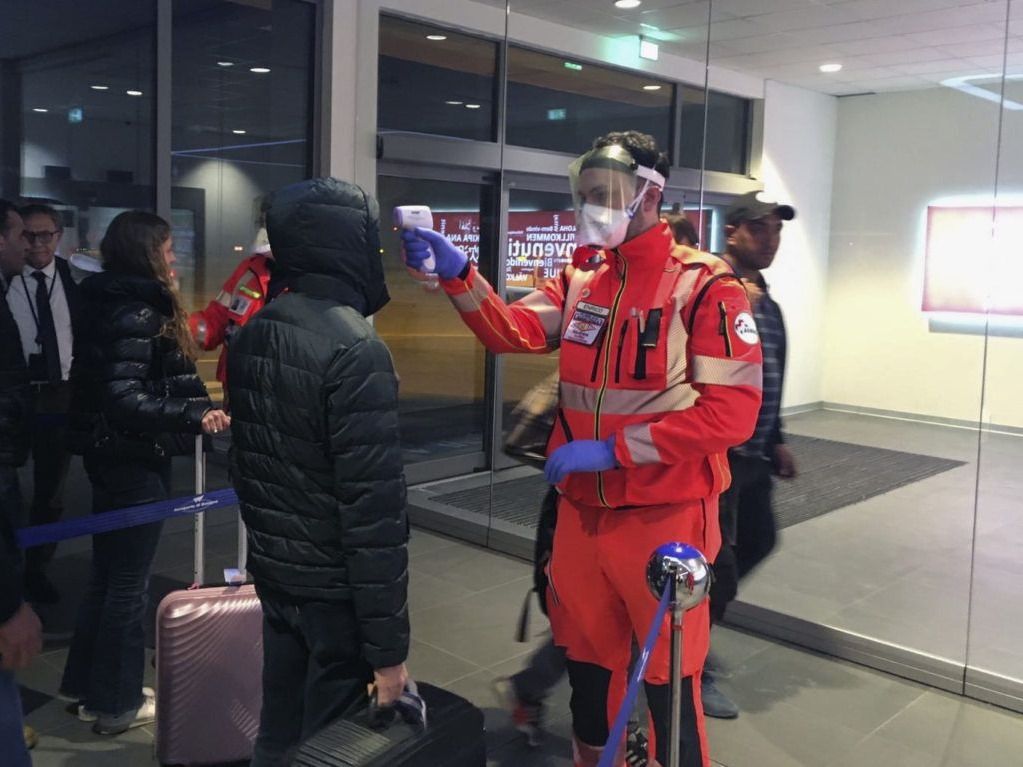GENEVA (AN) — The World Health Organization raised its global risk assessment for the new coronavirus to “very high” from “high” on Friday, as some countries struggled with containment and economic fears lashed global markets.
But officials from the U.N. health agency advised that the COVID-19 virus can still be contained if the chains of international transmission can quickly be broken. China, the hardest hit nation since the outbreak was first detected in Wuhan in December, has reported 78,959 cases, including 2,791 deaths.









